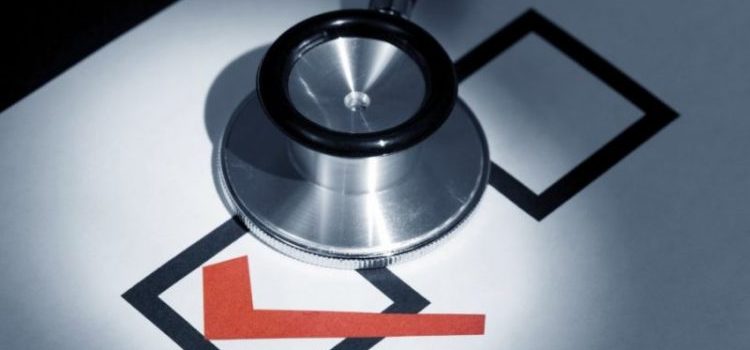“Surprise” bills are a common complaint among patients who’ve visited freestanding emergency departments (FSEDs). While that hasn’t stopped their growth, billing practices have become the subject of pending legislation around the country—and, now, one basis of a suit against Adeptus Health, the nation’s largest operator of FSEDs. The Oklahoma Law Enforcement Pension (OLEP) has initiated a class action lawsuit against Adeptus, its private equity firm, and its officers related to its secondary stock offering, claiming …
Read More







